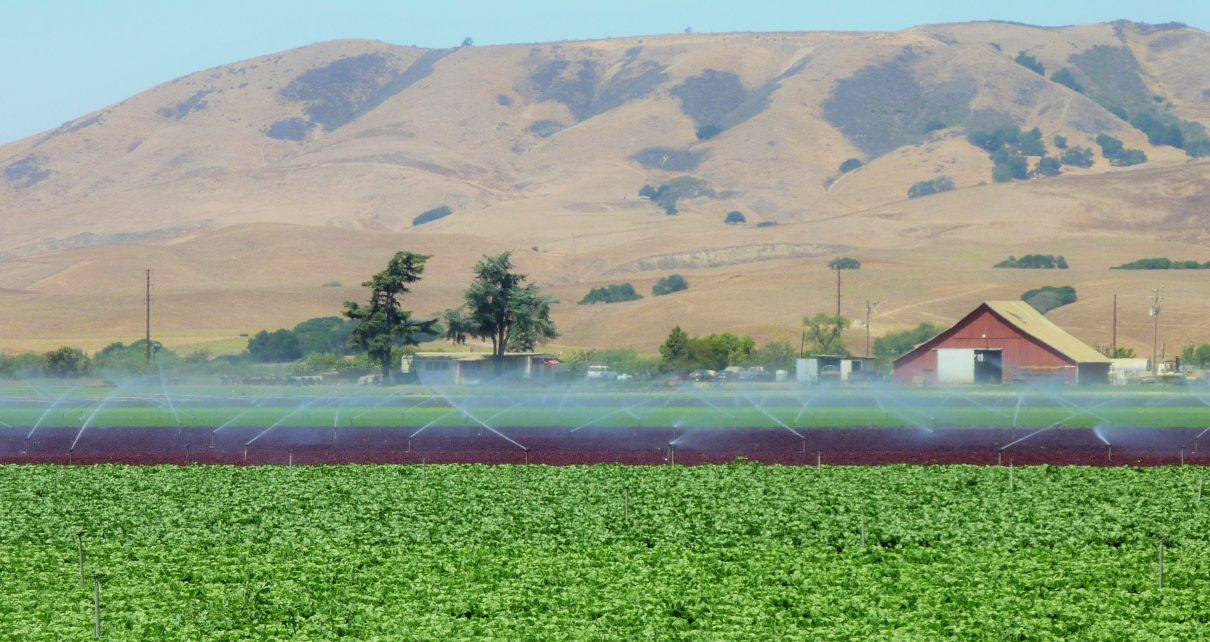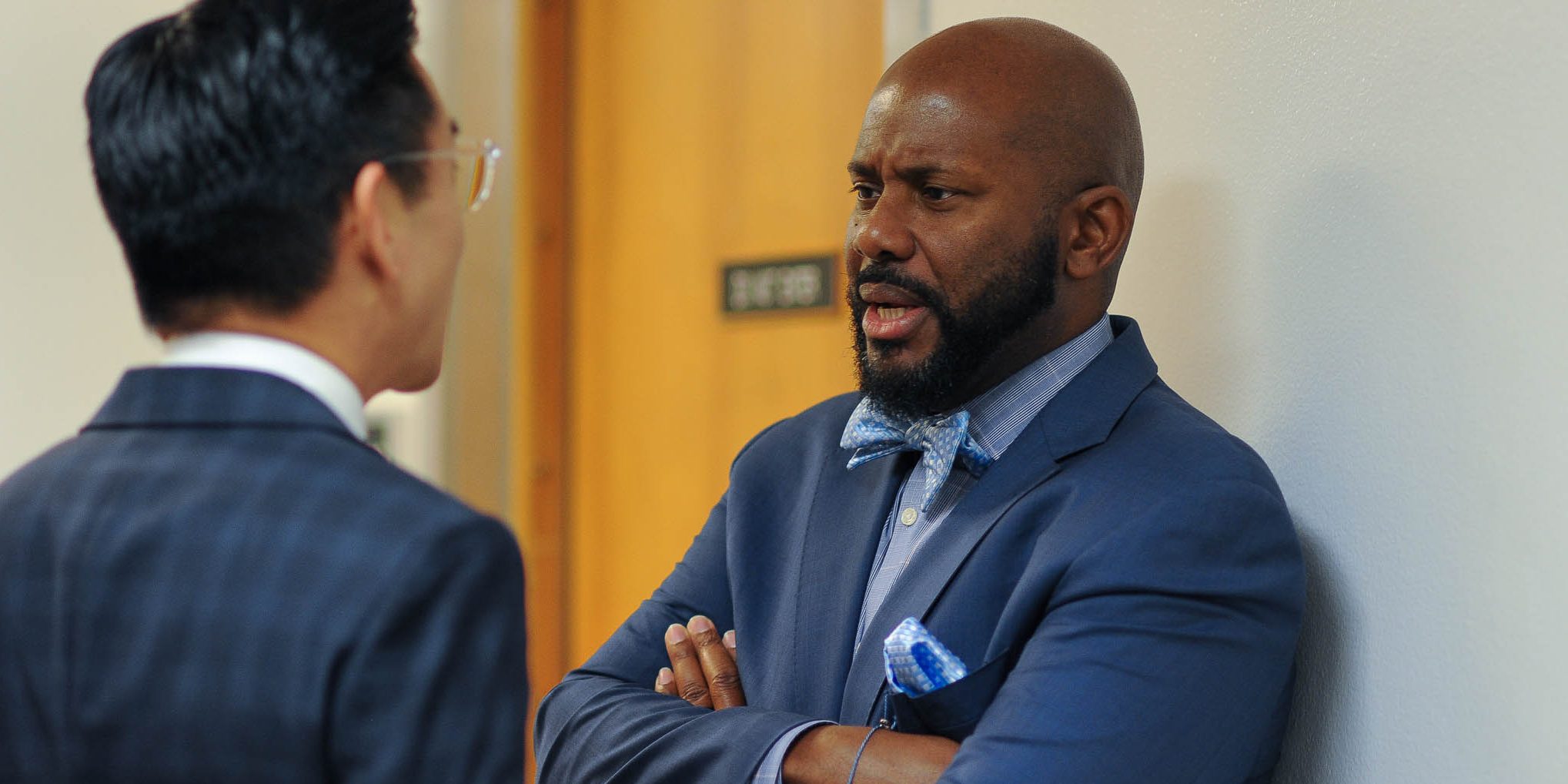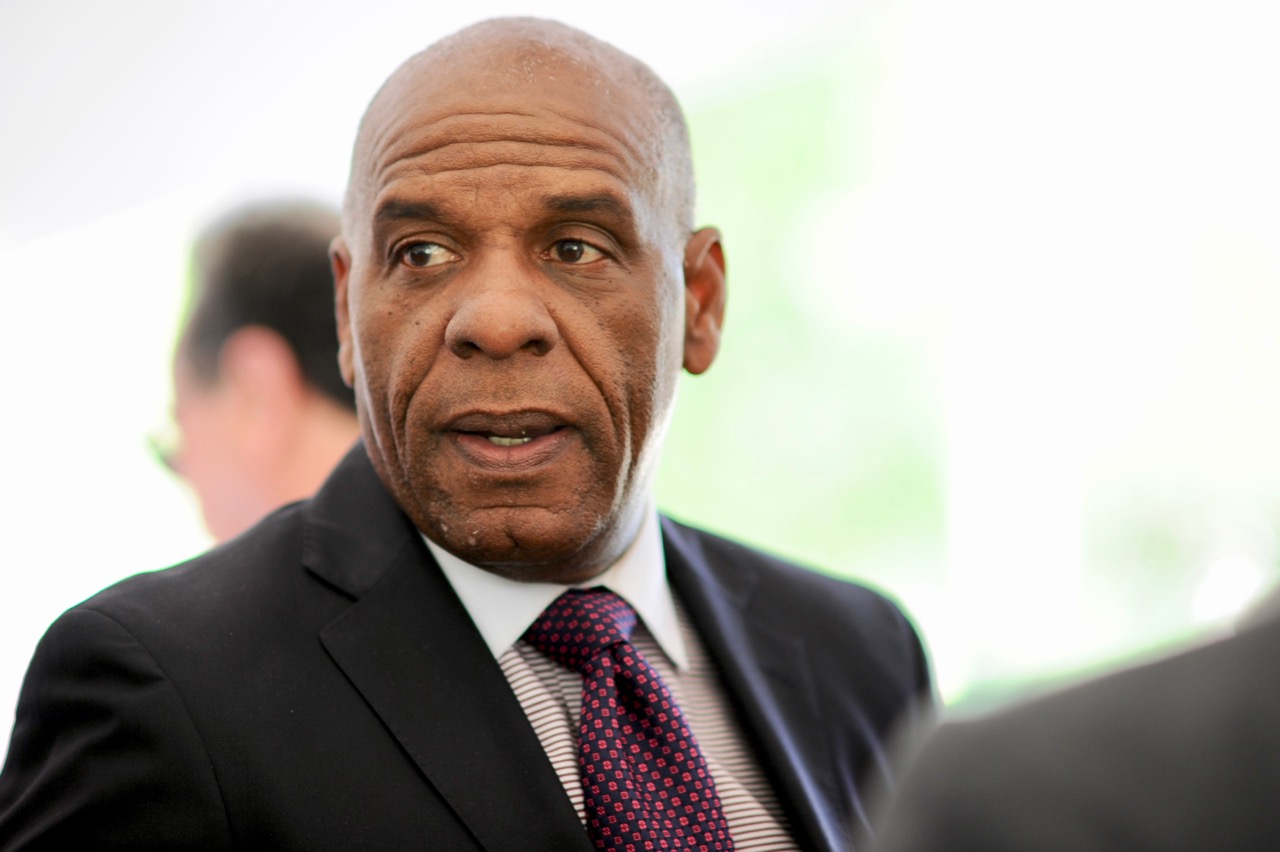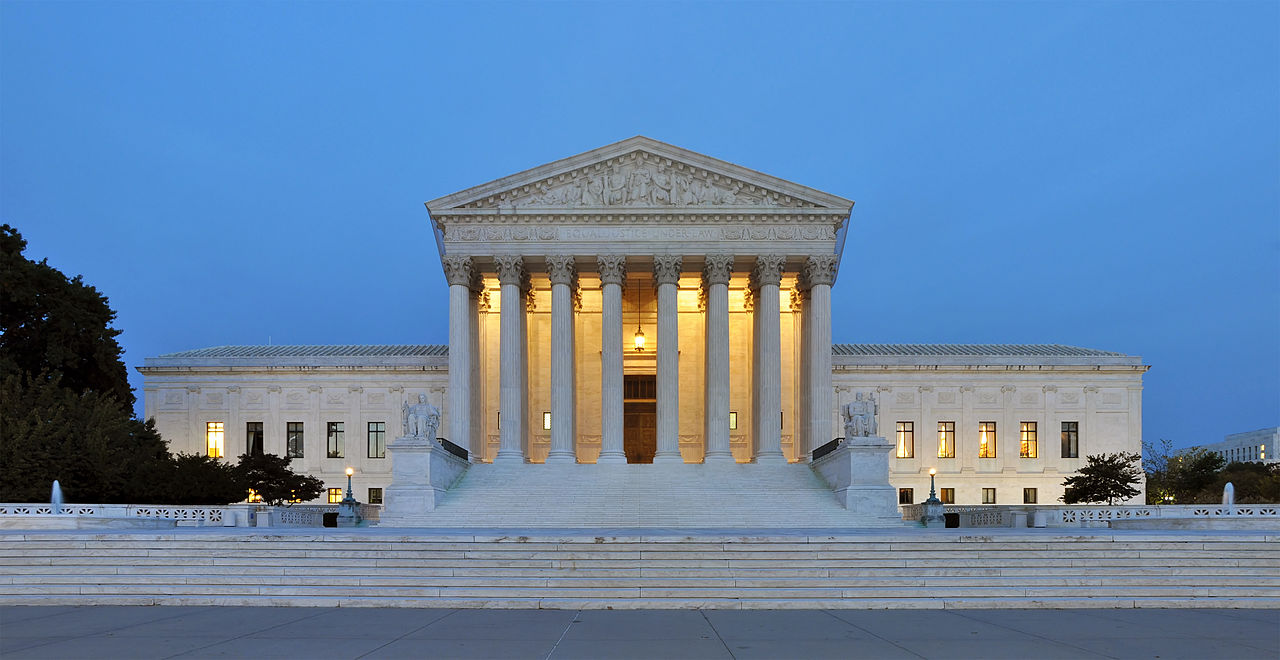
California farming. (Photo: CA Dept. of Conservation)
SCOTUS Decision a Victory for Property Owners
The right to exclude is ‘one of the most treasured’ rights of property ownership
By Katy Grimes, June 24, 2021 8:19 am
The United States Supreme Court just affirmed Wednesday that the government cannot force people to allow third parties to trespass on their property.
In Cedar Point Nursery v. Hassid, the Pacific Legal Foundation represented two California agriculture businesses which challenged a 1975 California law that allowed labor unions to access private property three hours per day, 120 days per year to recruit new members. Pacific Legal Foundation argued that when the government allows a third party onto someone else’s private property without compensating the property owners, it violates their property rights.
The growers’ complaint states a claim for an uncompensated taking in violation of the Fifth and Fourteenth Amendments.
According to PLF, Cedar Point Nursery and Fowler Packing Company are California growers that produce fruit for millions of Americans. Collectively, they employ around 3,000 Californians. In 2015, the United Farm Workers (UFW) viewed the workers as ripe for the picking and sent union organizers to storm the workplaces during harvest time to encourage them to unionize. Even though property owners have a right to exclude trespassers, the state’s Union Access Regulation takes an easement that allows these union organizers to enter a business’s private property three hours a day, 120 days a year. The businesses asked the U.S. Supreme Court to invalidate California’s unlawful regulation and affirm that government can’t allow unions to invade private property and disrupt commercial operations without paying compensation for a property taking.
In the predawn hours of October 29, 2015, dozens of union activists trespassed on Cedar Point Nursery’s property to recruit union members. They waved flags, shouted over bullhorns, intimidated the nursery’s staff, and disrupted the workday. When the nursery’s owner and president Mike Fahner found out the action was legal in California, he decided to fight what he believed was an unconstitutional law.
According to the PLF and the video above, most of the workers refused to join the protest because they liked their jobs and the working conditions.
Chief Justice John Roberts delivered the opinion of the Court (summarized):
The California Agricultural Labor Relations Act of 1975, a labor organization may “take access” to an agricultural employer’s property for up to four 30-day periods in one calendar year.
The access regulation appropriates a right to invade the growers’ property and therefore constitutes a per se physical taking. The regulation grants union organizers a right to physically enter and occupy the growers’ land for three hours per day, 120 days per year. Rather than restraining the growers’ use of their own property, the regulation appropriates for the enjoyment of third parties the owners’ right to exclude.
The right to exclude is “one of the most treasured” rights of property ownership.
In less exuberant terms, we have stated that the right to exclude is “universally held to be a fundamental element of the property right,” and is “one of the most essential sticks in the bundle of rights that are commonly characterized as property.”
Given the central importance to property ownership of the right to exclude, it comes as little surprise that the Court has long treated government-authorized physical invasions as takings requiring just compensation. The Court has often described the property interest taken as a servitude or an easement.
Justice Roberts lambastes the Ninth Circuit decision, as well as the dissent written by Justice Stephen Breyer:
The Ninth Circuit saw matters differently, as do the Board and the dissent. In the decision below, the Ninth Circuit took the view that the access regulation did not qualify as a per se taking because, although it grants a right to physically invade the growers’ property, it does not allow for permanent and continuous access “24 hours a day, 365 days a year.” 923 F. 3d, at 532 (citing Nollan, 483 U. S., at 832). The dissent likewise concludes that the regulation cannot amount to a per se taking because it allows “access short of 365 days a year.” Post, at 11 (opinion of BREYER, J.). That position is insupportable as a matter of precedent and common sense. There is no reason the law should analyze an abrogation of the right to exclude in one manner if it extends for 365 days, but in an entirely different manner if it lasts for 364.
You can read the decision here:
cedar-point-nursery-et-al-v-hassid- Energy Company Warns CARB on ‘The Stark Reality’ Driving In-State Refining Capacity to Zero of CA’s Remaining 7 Refineries - February 28, 2026
- CAL DOGE Investigation: $1 BILLION California Solar Program Instead Funded Democrat Voter Registration & Activism Efforts - February 27, 2026
- Could President Trump End the Income Tax? - February 26, 2026





This SCOTUS decision is just a return to “common sense”; nothing to brag about . The 1975 California law was always an infringement of property owners’ rights and should have been overturned decades ago.
Two thoughts here.
First, the 1975 access rule is outdated. In 1975 farm workers did not have access to cell phones or other means of communication. In 1975 farm workers lived on the property or in lodgings provided by the land owners. If the unions didn’t get access to the workers during the work day, the land owners could effectively shut them off from all communication with the outside not just the union. So, the 1975 law was a compromise. Unions were allowed limited access to the employees at work at specific times that were arranged by agreement with the property owners. Before work, at lunch and after work. However, the rule is no longer needed because farm workers now have cell phones and other means of communication. Its no longer necessary for unions to access them at work.
Second thought – this is a symptom of the current state of affairs where unions are feeling their prestige and power drain away as people are no longer willing to pay their dues to get pay and benefits that employers are already providing. Here, the union wanted to organize Cedar Point Nursery. But, the workers liked their jobs and benefits and were not especially interested in what the union had to sell. The union apparently got tired of waiting for the employees to come around and one day at 5 am the union staged a dawn raid on the property. The union barged into the packing shed with bullhorns and bullied and harassed the employees. A few employees joined the protest. A few employees were overwhelmed and left work. Ultimately, the union did not succeed in organizing that business.
The owner sued because the union violated the law. The union could have followed the rules and gotten access by agreement but they chose to invade the property damage the property and bully and harass the employees. So wrong on so many levels.
This is a result that the union brought upon itself. Good on SCOTUS for a thoughtful well reasoned decision.
Speaking of the United Farm Workers, two history professors at Bakersfield College have been relentlessly harassed by their college district since fall 2019 for questioning why grant funds (for class expenses) were used to finance a newspaper owned by the UFW. Those two professors are now filing a federal lawsuit. https://www.bakersfield.com/news/bc-professors-file-federal-suit-against-college-district-officials-over-free-speech/article_76375cba-ceca-11eb-bc34-7b93425028ba.html